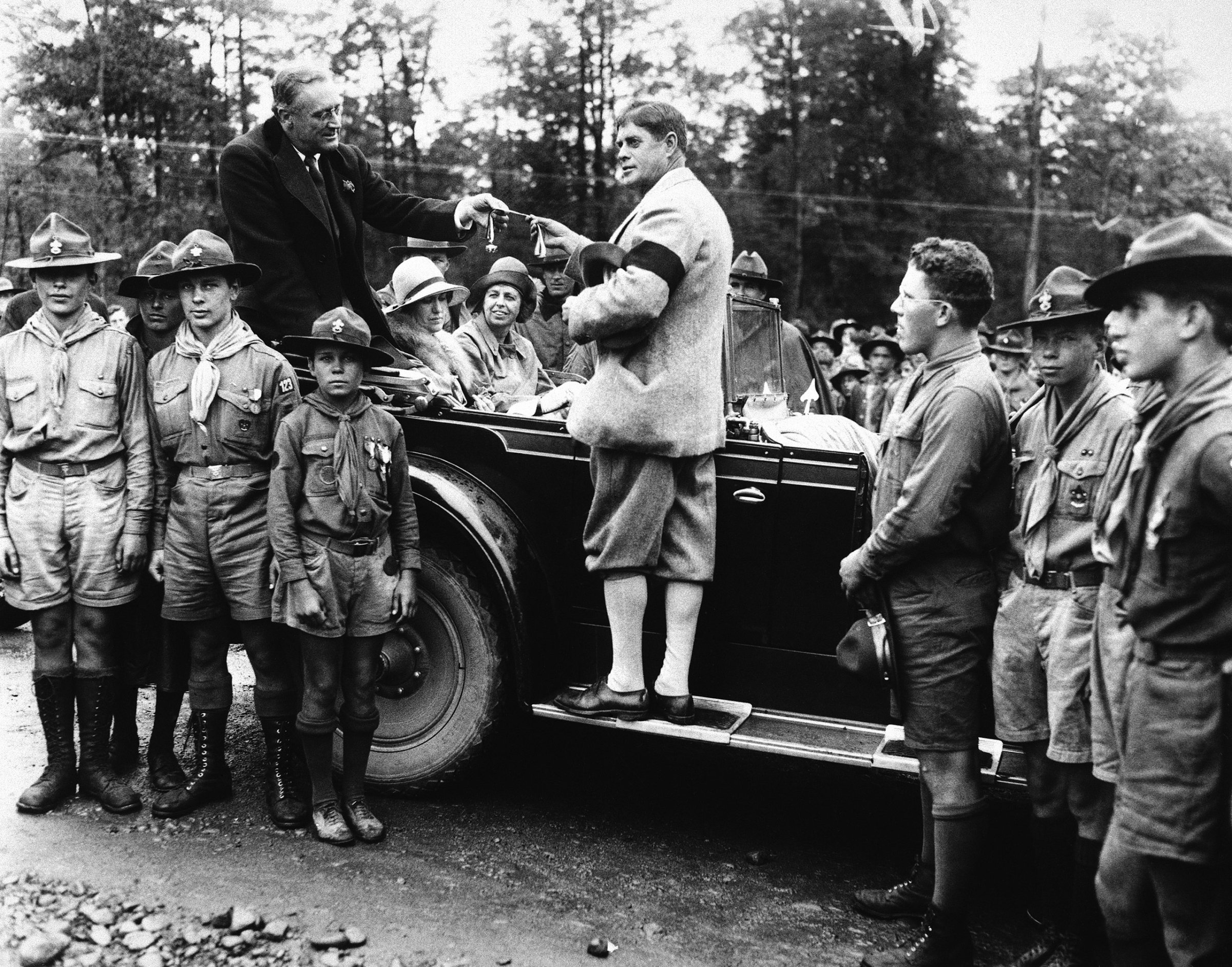
Correction appended, 2:52 p.m.
It would seem that during any quintessentially American moment—just a sample of which are seen in these photos from scouting’s early days—there was a Boy Scout dutifully standing by. Presidential Inaugurations? A handful of Scouts have volunteered at every one since 1913. Or how about actually becoming President? The first scout leader President was Franklin D. Roosevelt, and America’s first actual Scout president was John F. Kennedy. Check and check. That’s just the Scout’s way.
But few know that a century ago, then-President Woodrow Wilson signed a unanimously-approved Congressional charter that gave federal recognition to the Boy Scouts of America (BSA), stating at the time that “every nation depends for its future upon the proper training and development of its youth.” The charter — ratified a century ago on June 15, 1916 — allowed for the group to be recognized under Title 36, the part of U.S. law that recognizes “patriotic and national organizations,” rather than having to seek incorporation state-by-state, explains Kevin Kosar, an expert in Title 36 and senior fellow and governance project director with the research group R Street Institute.
Though the Scouts were founded in America on Feb. 8, 1910 by William D. Boyce, and thus celebrated their official centennial in 2010, the anniversary of the organization’s chartering is a reminder of just how involved the Scouts have been in government goings-on, and why Wilson may have felt compelled to officially incorporate the BSA after years of Scout support from Presidents Theodore Roosevelt (the first and only man ever declared Chief Scout Citizen) and William Howard Taft.
Get your history fix in one place: sign up for the weekly TIME History newsletter
The way Robert Birkby — author of three editions of the Boy Scout Handbook — tells it, there was a sizable amount of competition up against the Boy Scouts at the time. Shortly after British Army Officer Robert S. S. Baden-Powell wrote Scouting for Boys and effectively created the idea of the Scouts in 1908, many American groups sought to emulate the original British organization on U.S. soil. The Boy Scouts of America were just one. In Connecticut, Ernest Thompson Seton organized a group dubbed the Woodcraft Indians, while Daniel Carter Beard founded a similar group called the Sons of Daniel Boone. There was even the United States Boy Scouts, promoted by William Randolph Hearst, which Birkby describes as espousing a more militaristic take on scouting.
An official Congressional chartering under Title 36 would designate the Boy Scouts of America as the “true” scouting organization, and would provide it a national platform to recruit and organize for patriotic efforts. The chartering is still in place, and requires a few designated Scouts present the BSA’s Report to the Nation each year to top officials in Washington.
Years after the chartering, a 1937 TIME cover story on the Scouts explained that the BSA was “no amateur movement, but a full-grown U.S. institution, one of the most elaborately integrated, self-perpetuating social mechanisms in a nation which dotes on organization.” In the decade that followed, the Scouts assisted in the sale of war bonds, the promotion of so-called “Liberty Gardens” and the collection of used clothing and canned goods during times of war, all to national praise. As Birkby puts it, the organization’s work during World War II showed that “Congress got it right, that scouting was there to be of assistance in time of need.” President Franklin D. Roosevelt even penned a letter to Boys’ Life in 1942 to note that, “Each and every Scout has a reason to feel proud of the part he has as a member of Uncle Sam’s team to help us win the war.”
These days, the Scouts—though no strangers to national controversy—are still on that team. For example, they’re pushing new programs like as STEM Scouts that are in line with the values President Barack Obama pressed with the Educate to Innovate initiative in 2009, according to the BSA’s Chief Scout Executive, Mike Surbaugh.
Correction: The original version of this story incorrectly described Robert Birkby. He is the author of three editions of the Boy Scout Handbook.
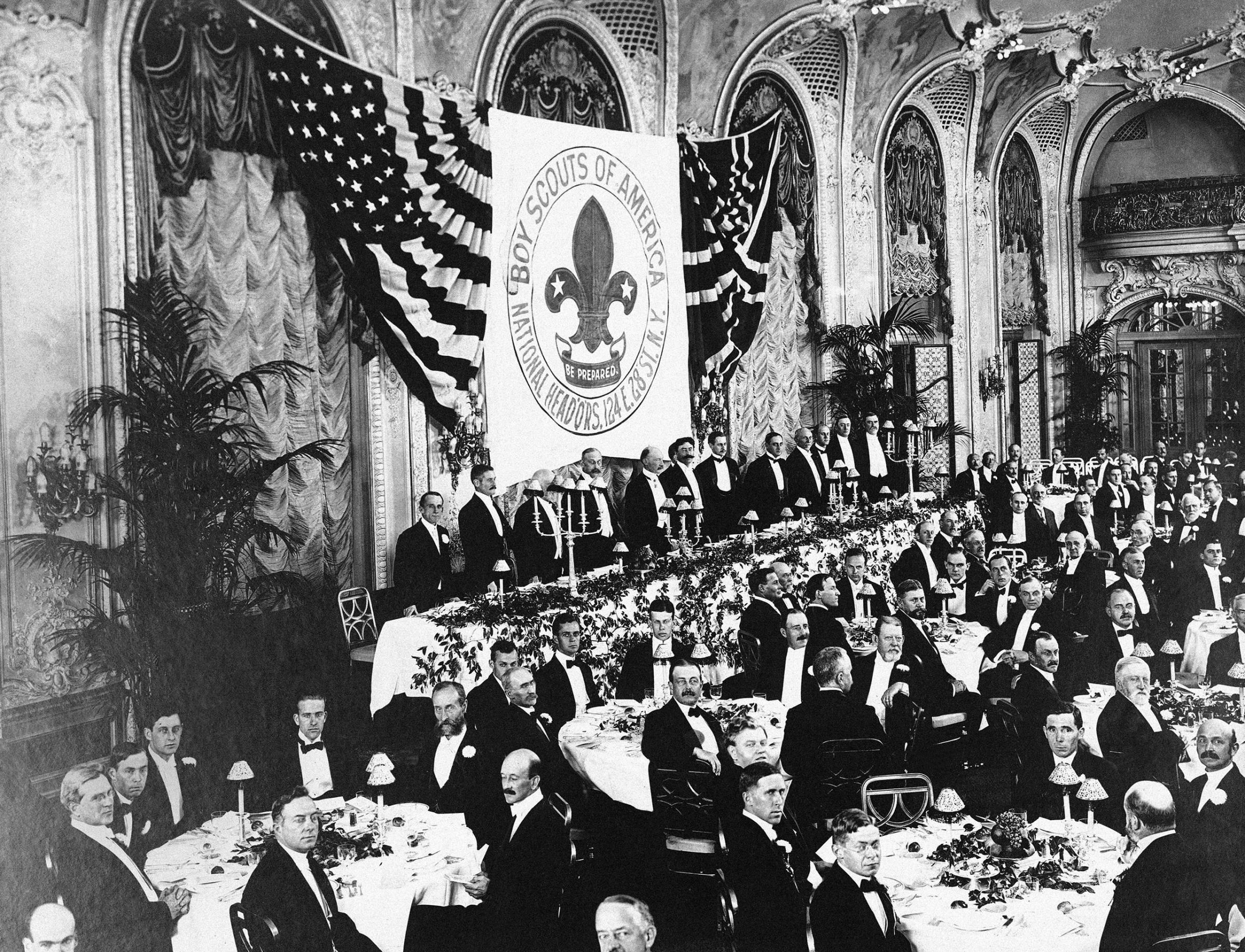
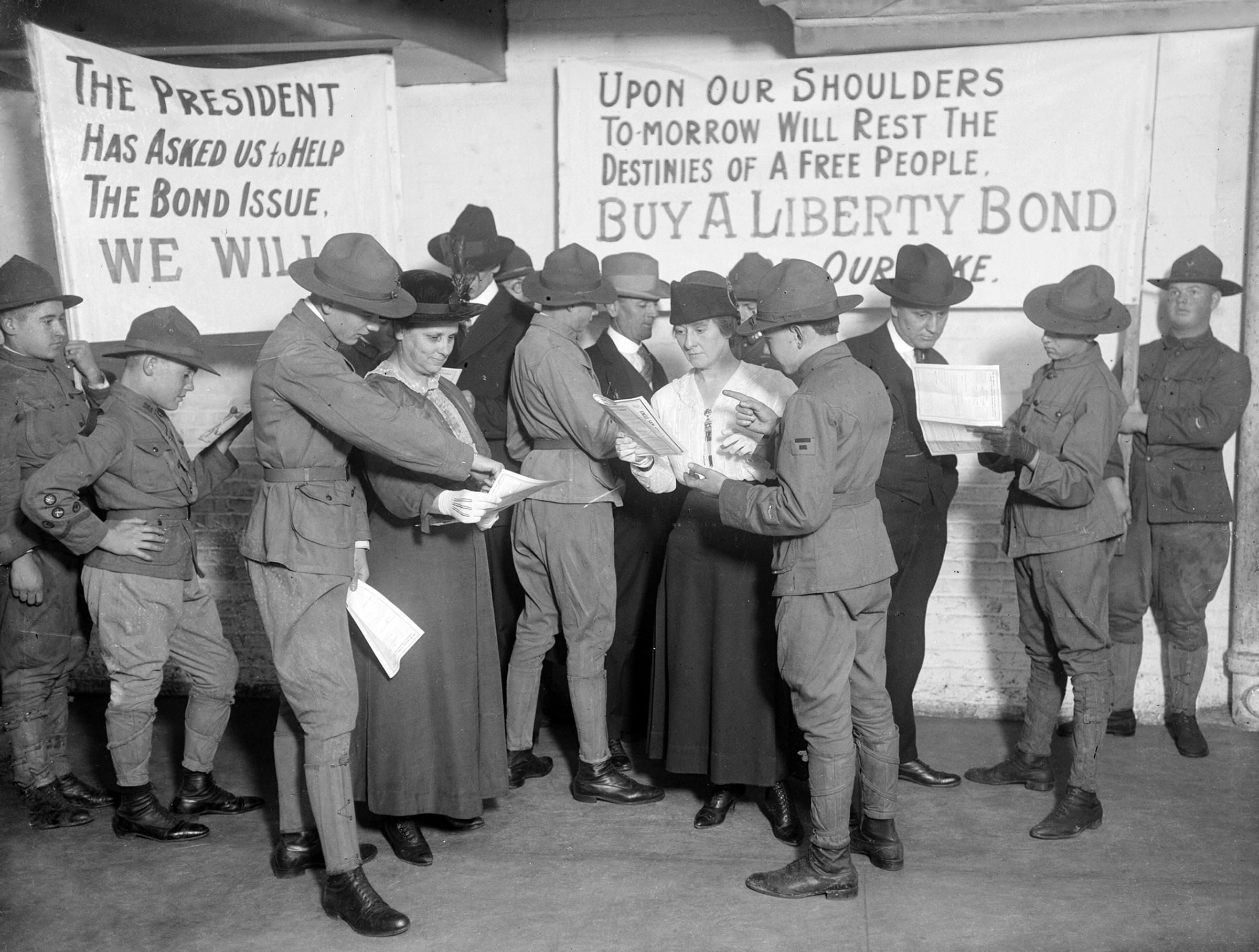
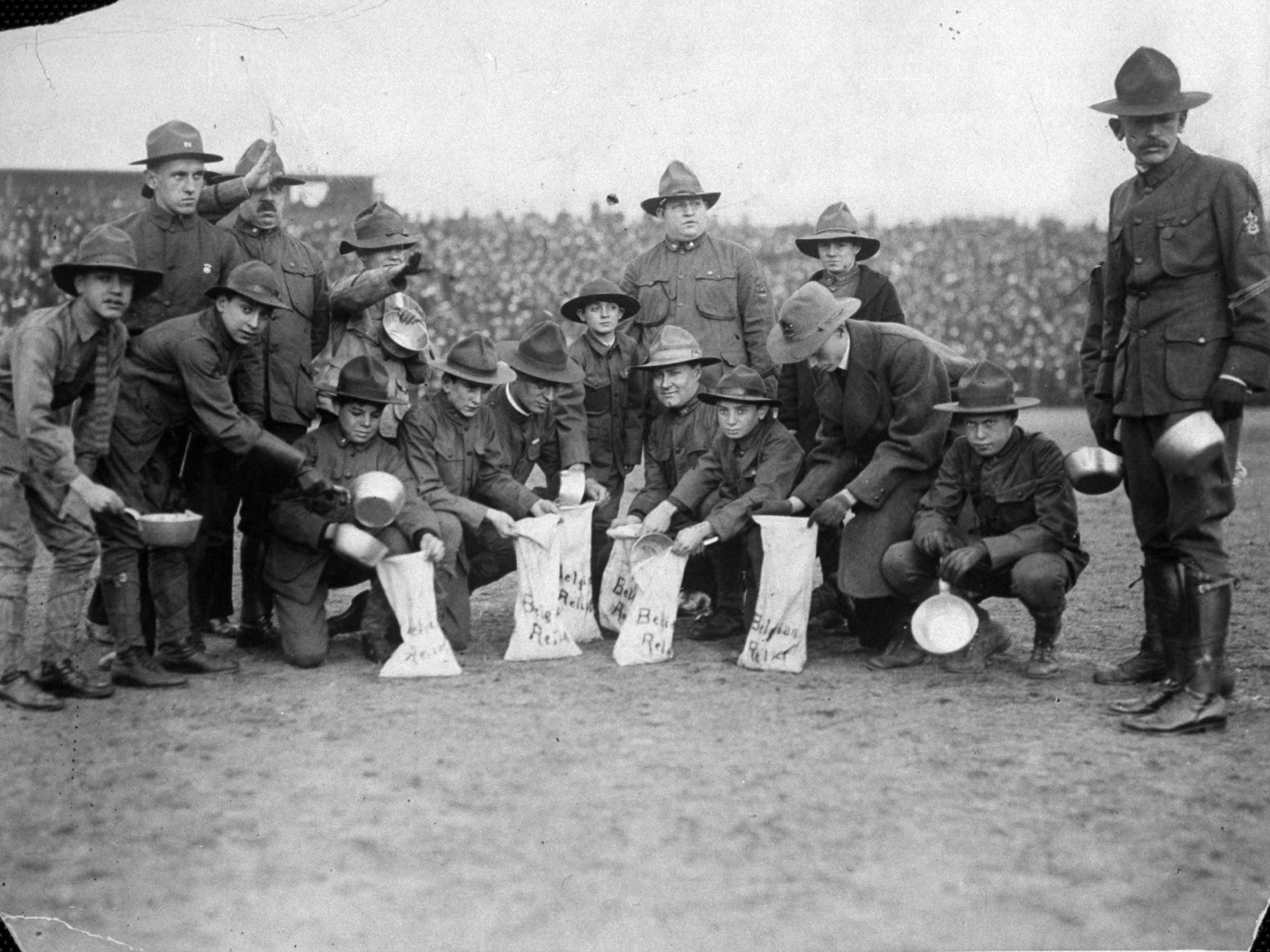
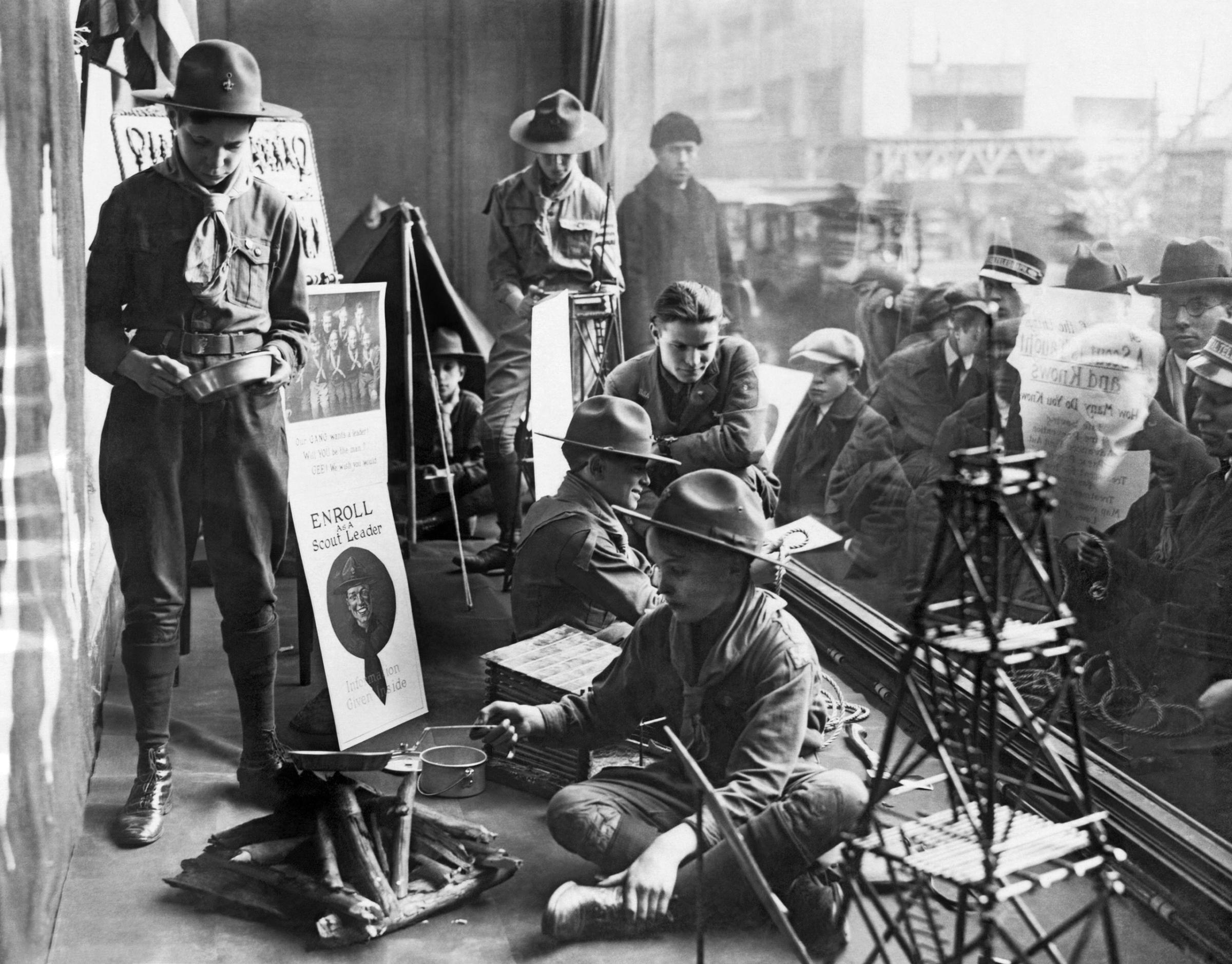
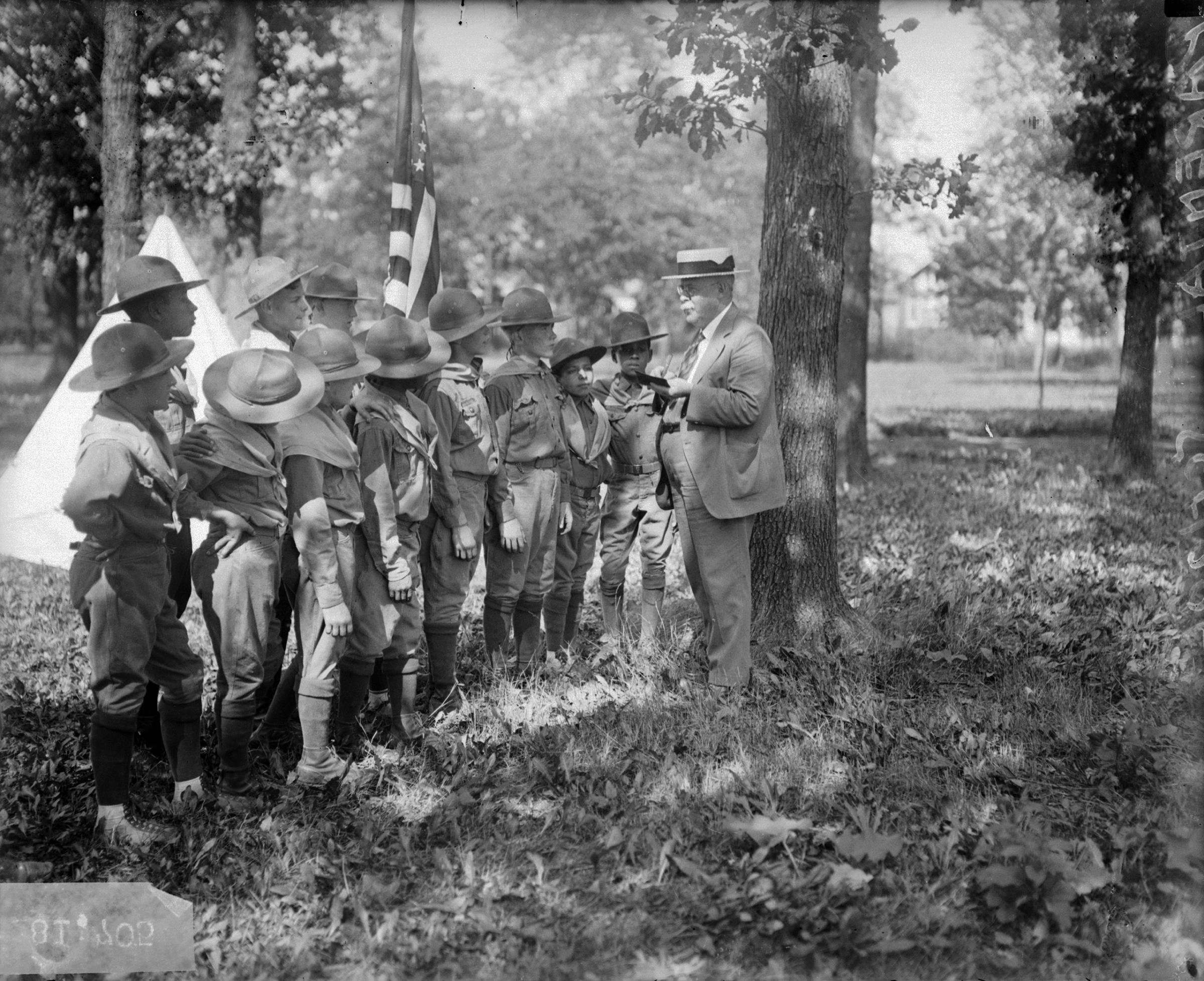
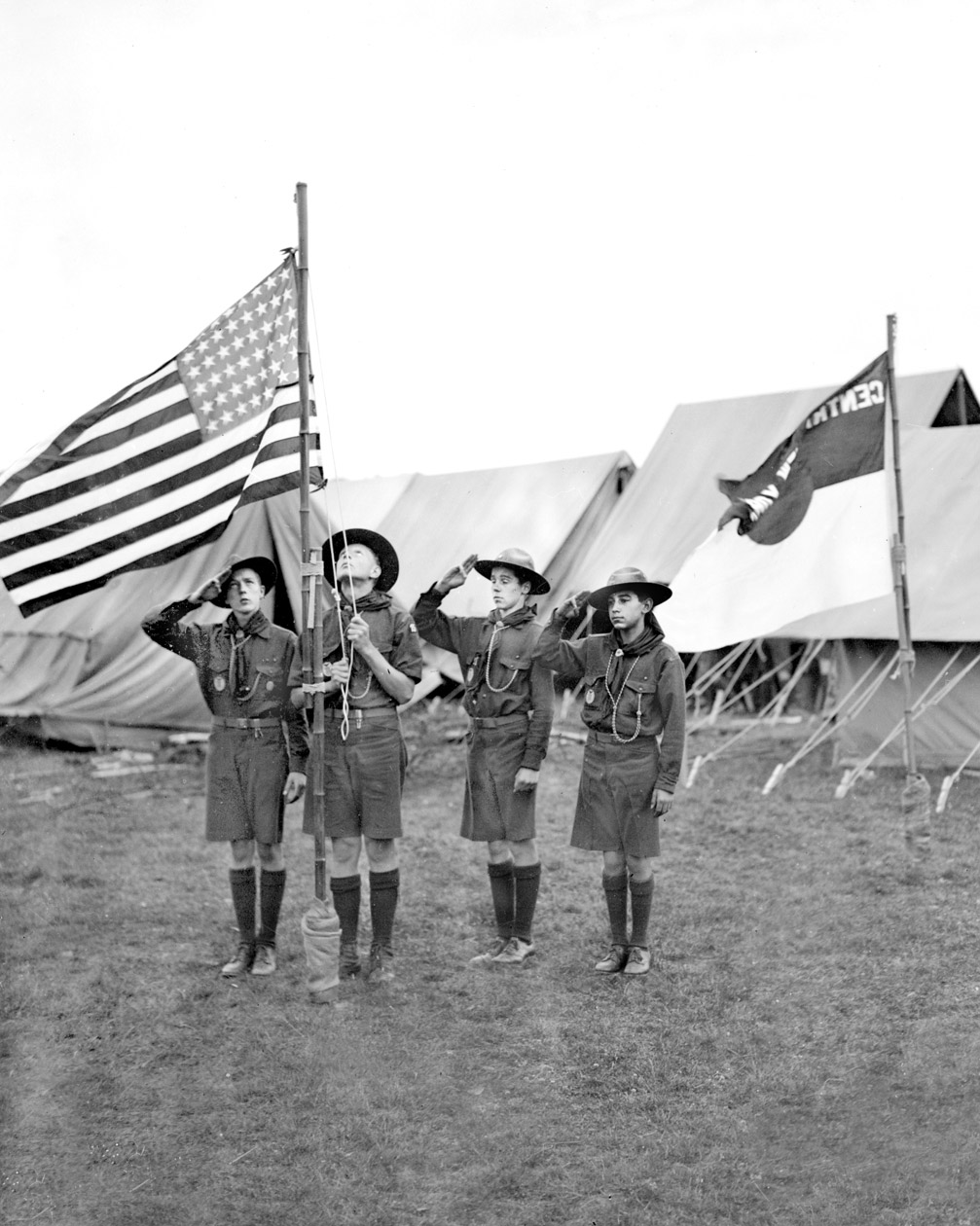
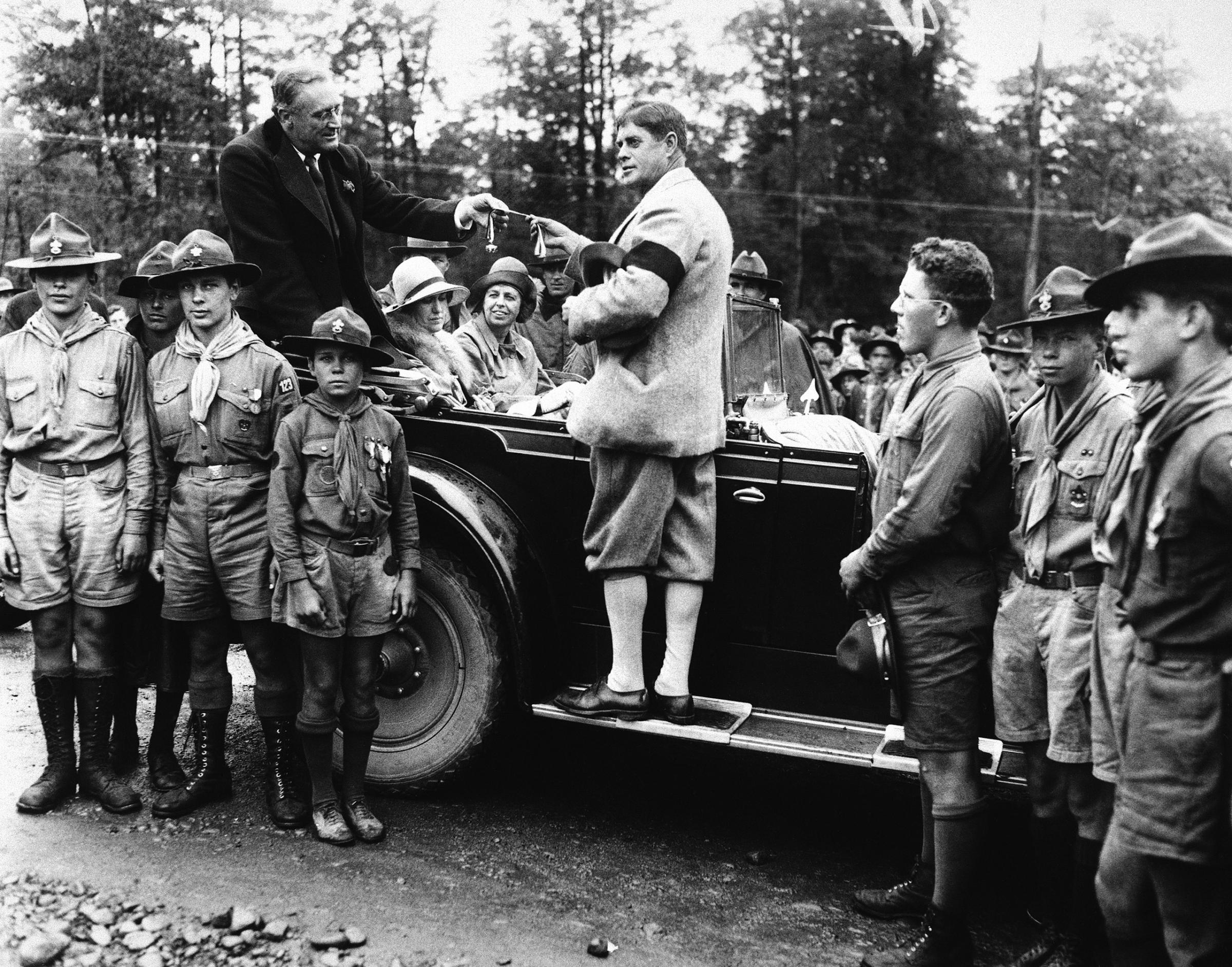

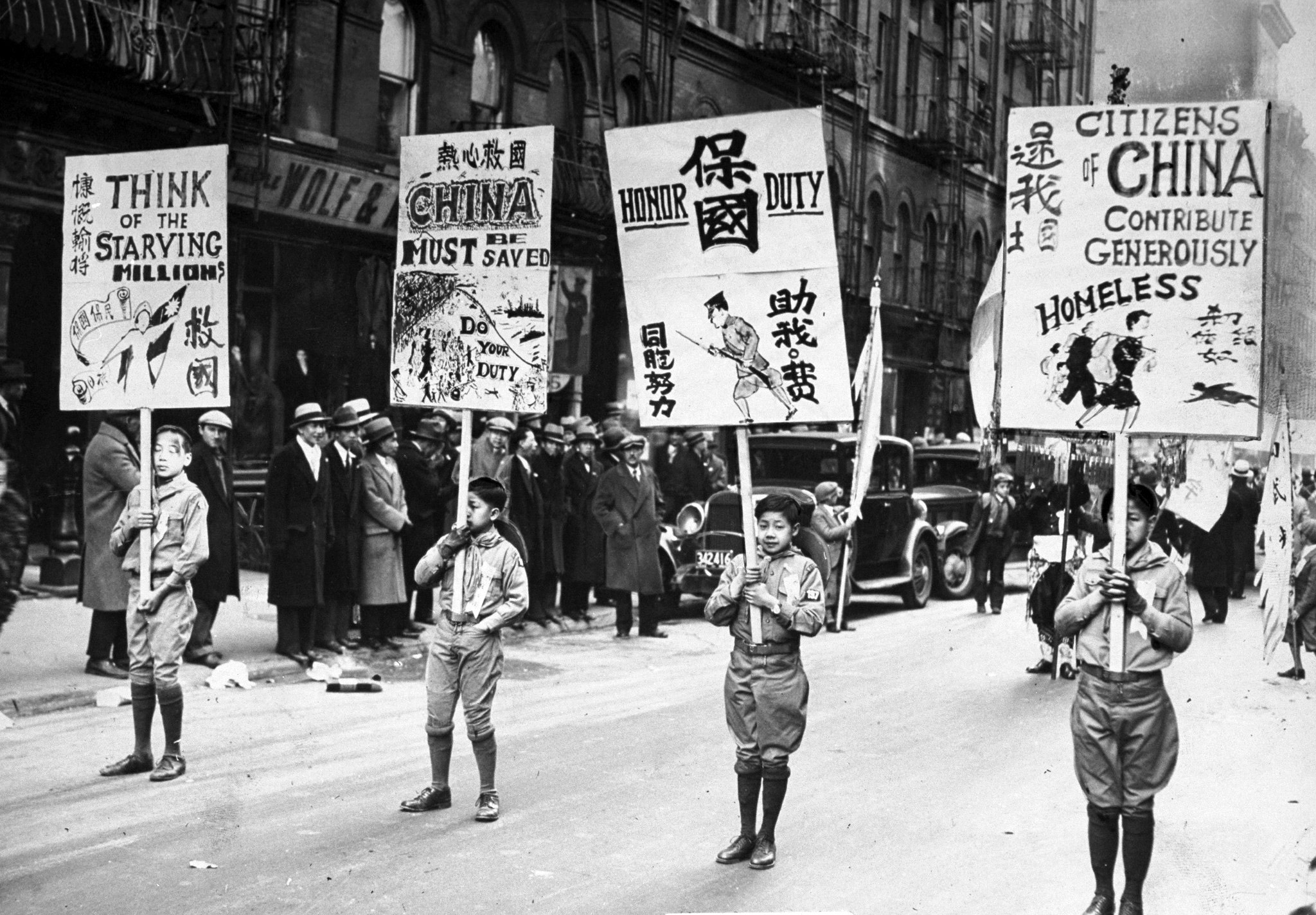
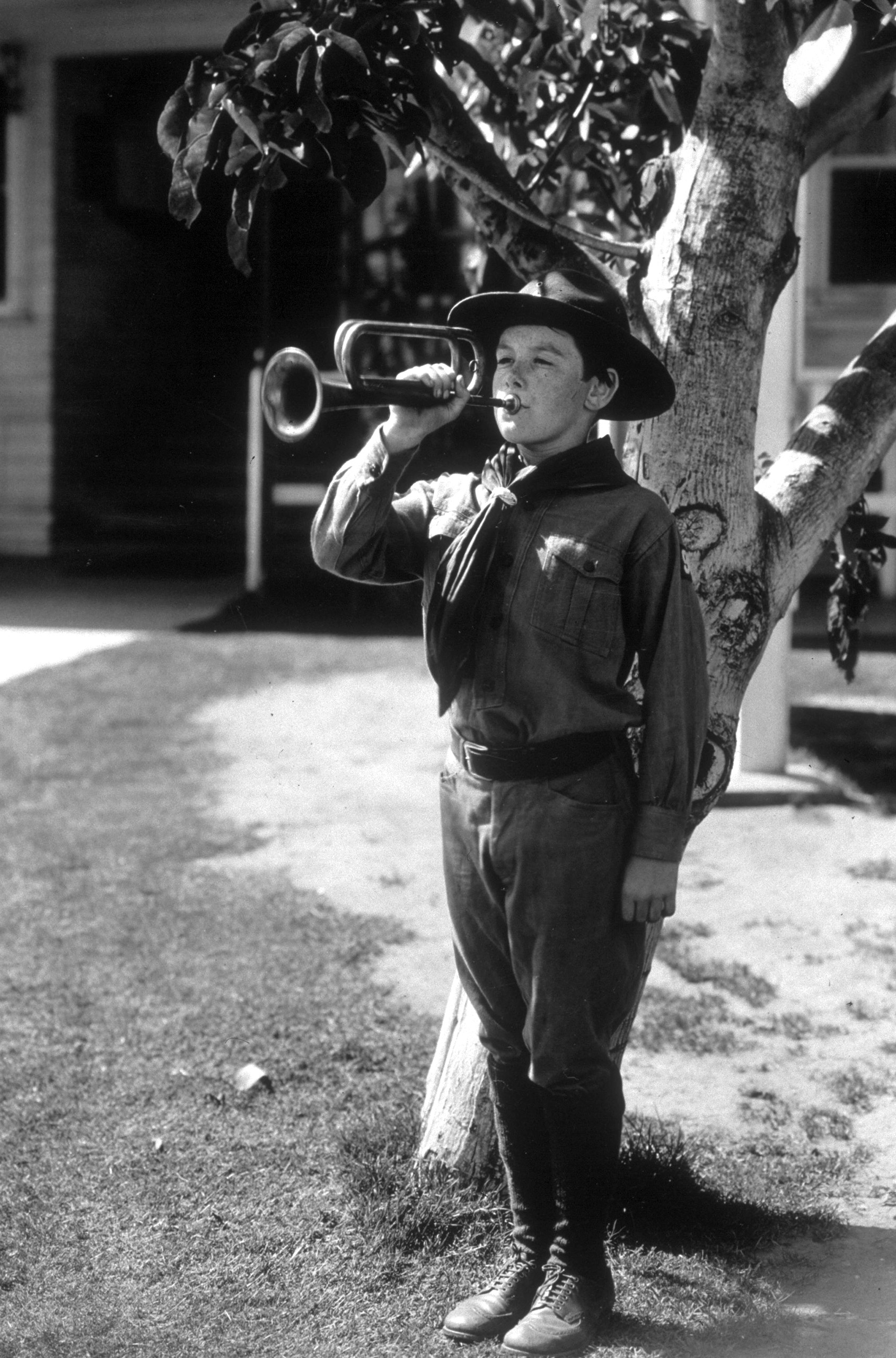
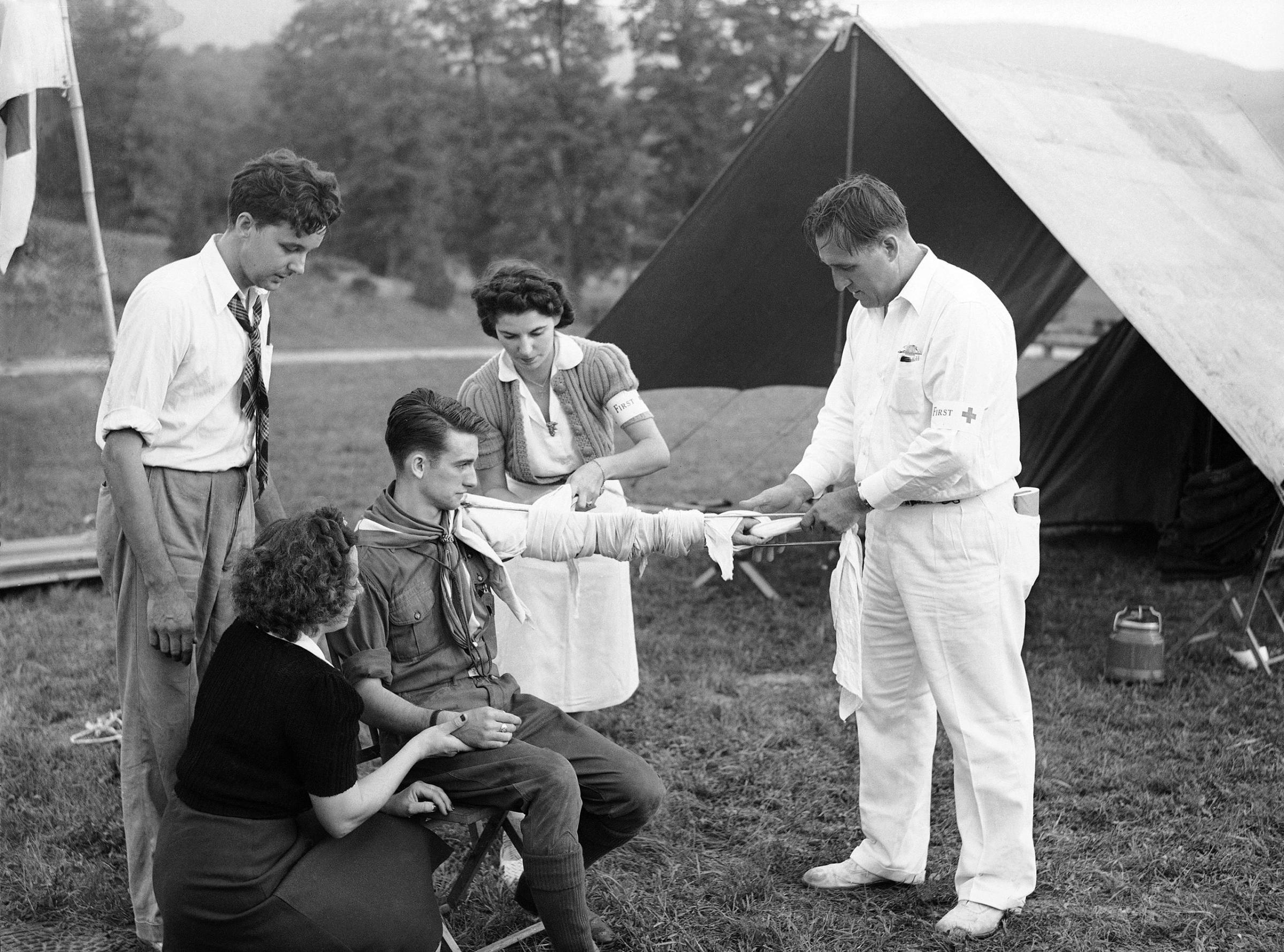
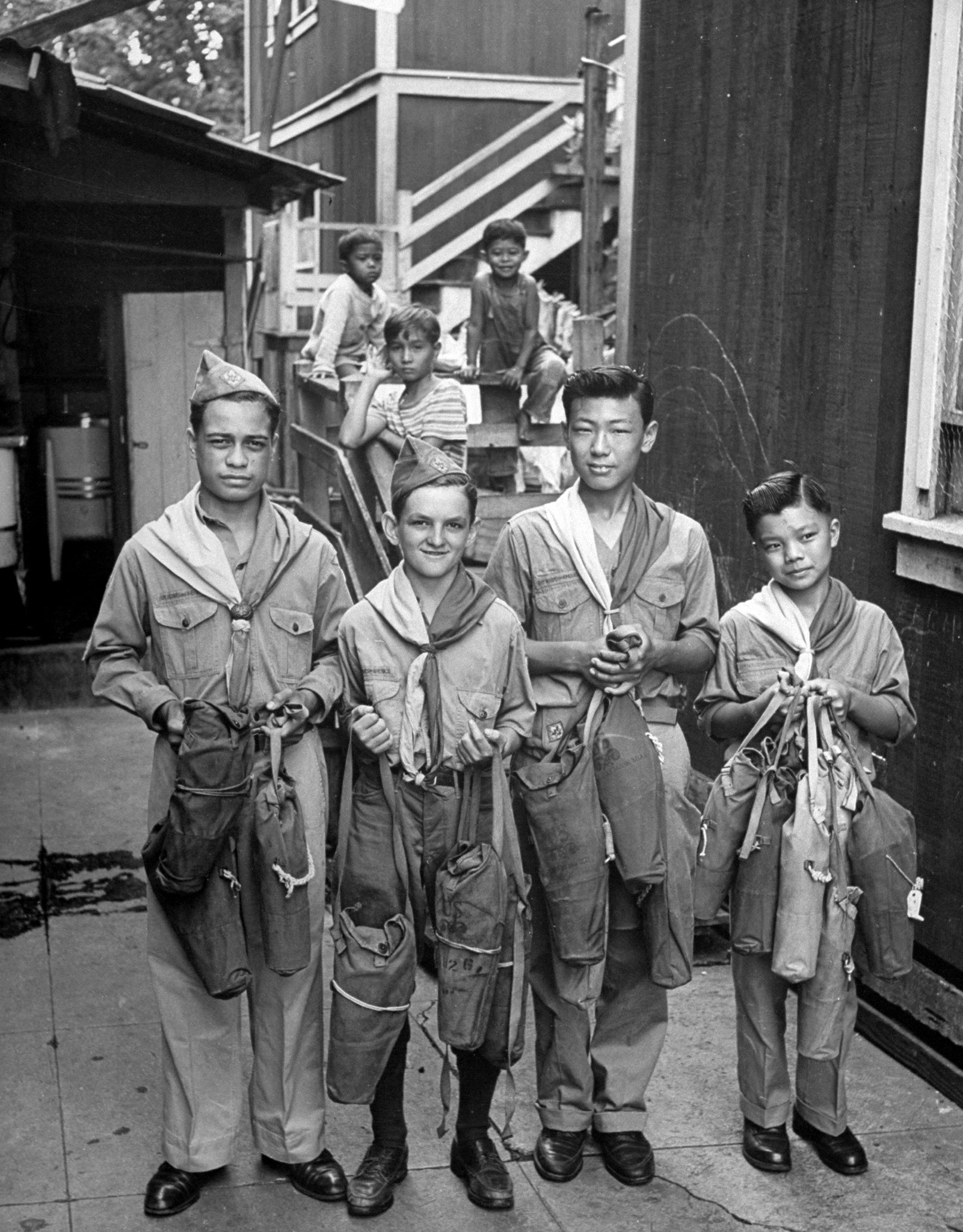
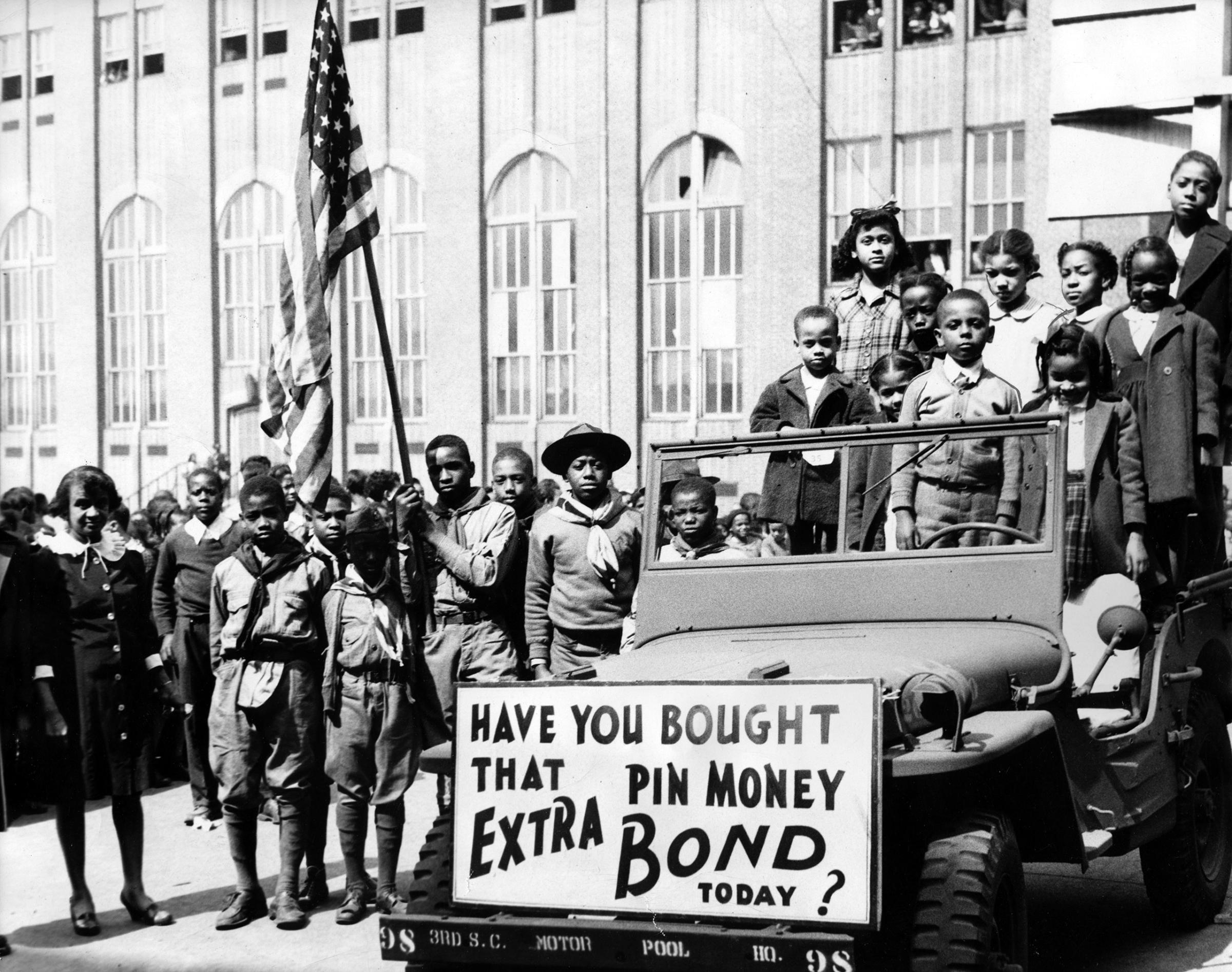
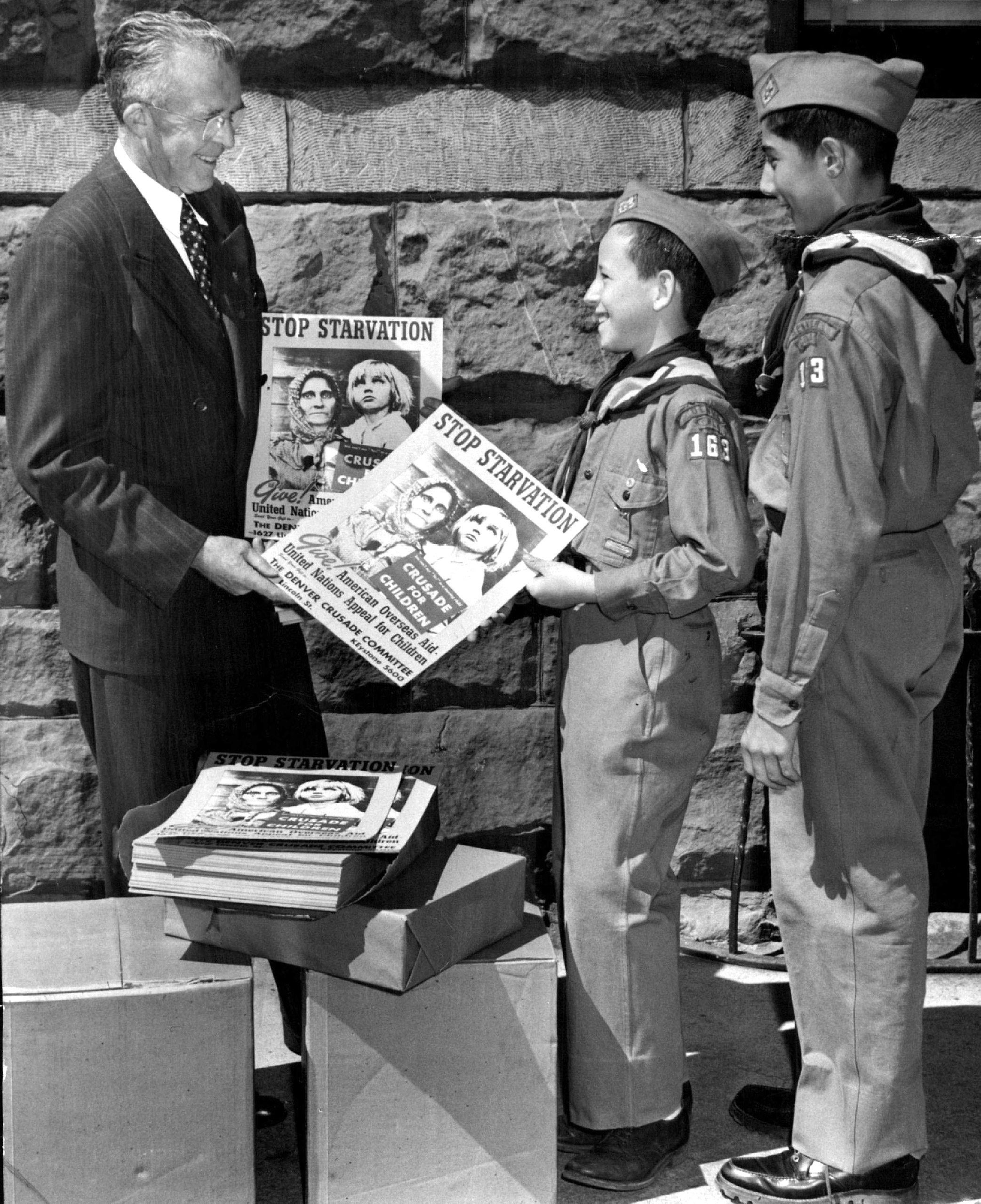
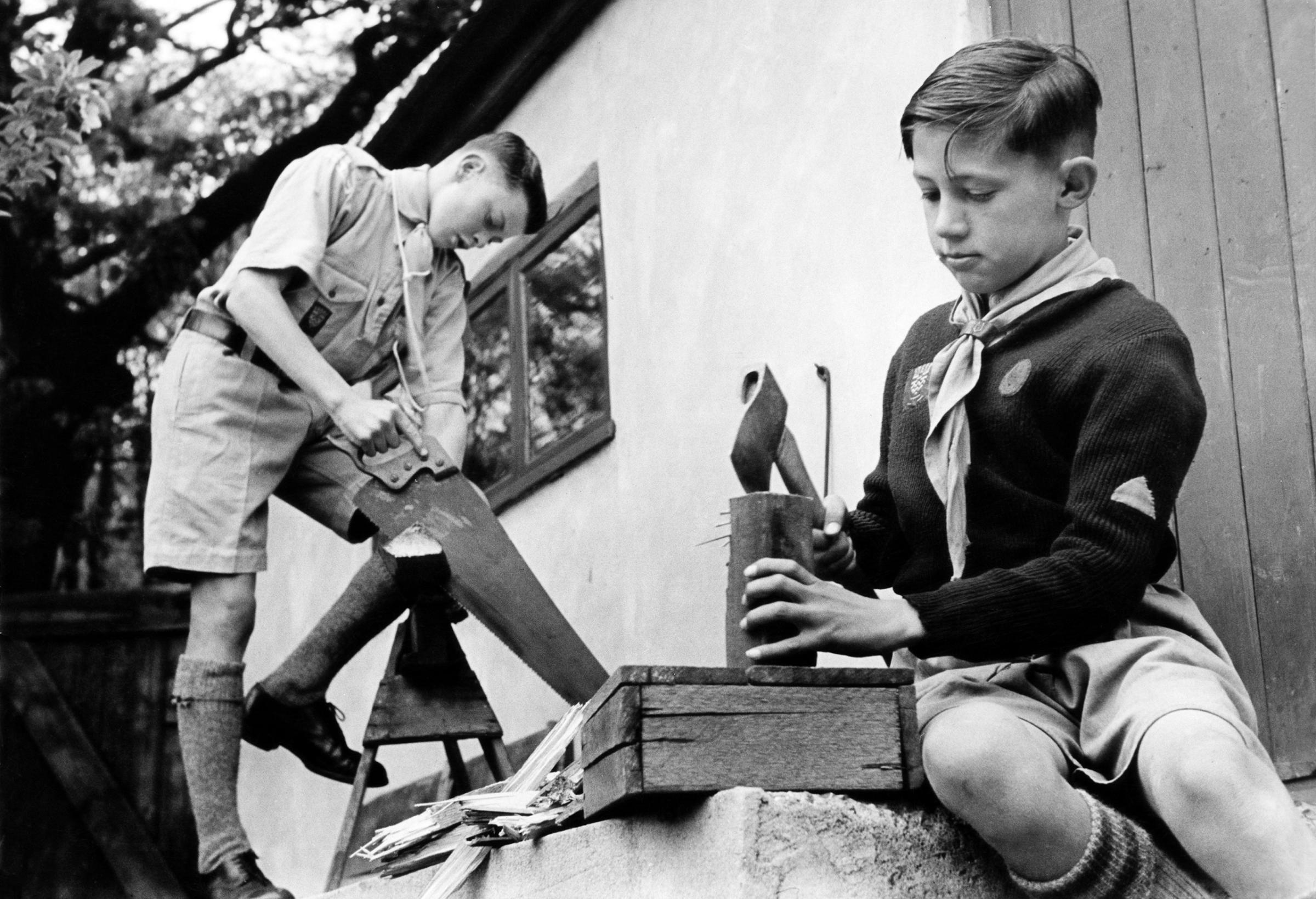
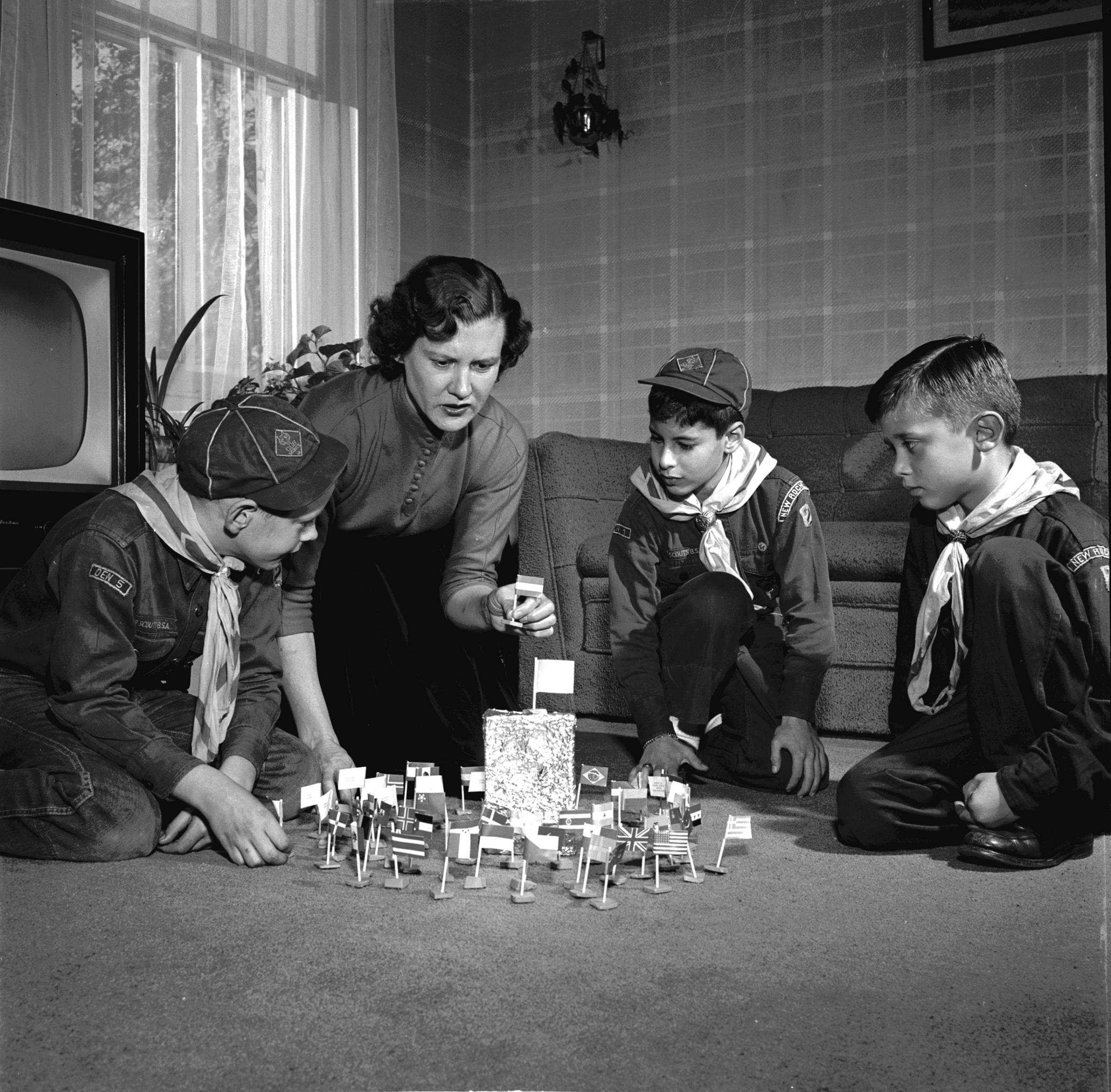
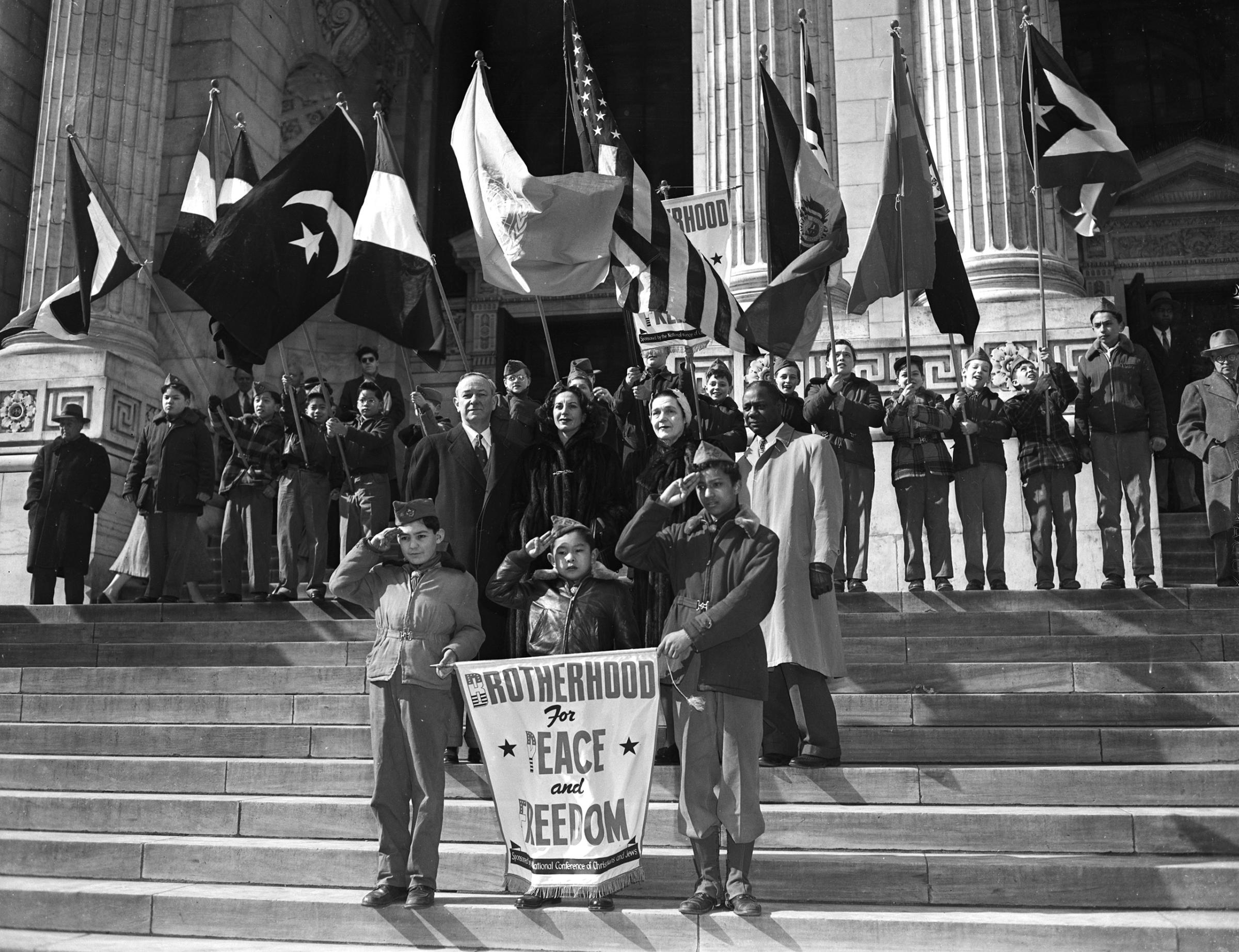
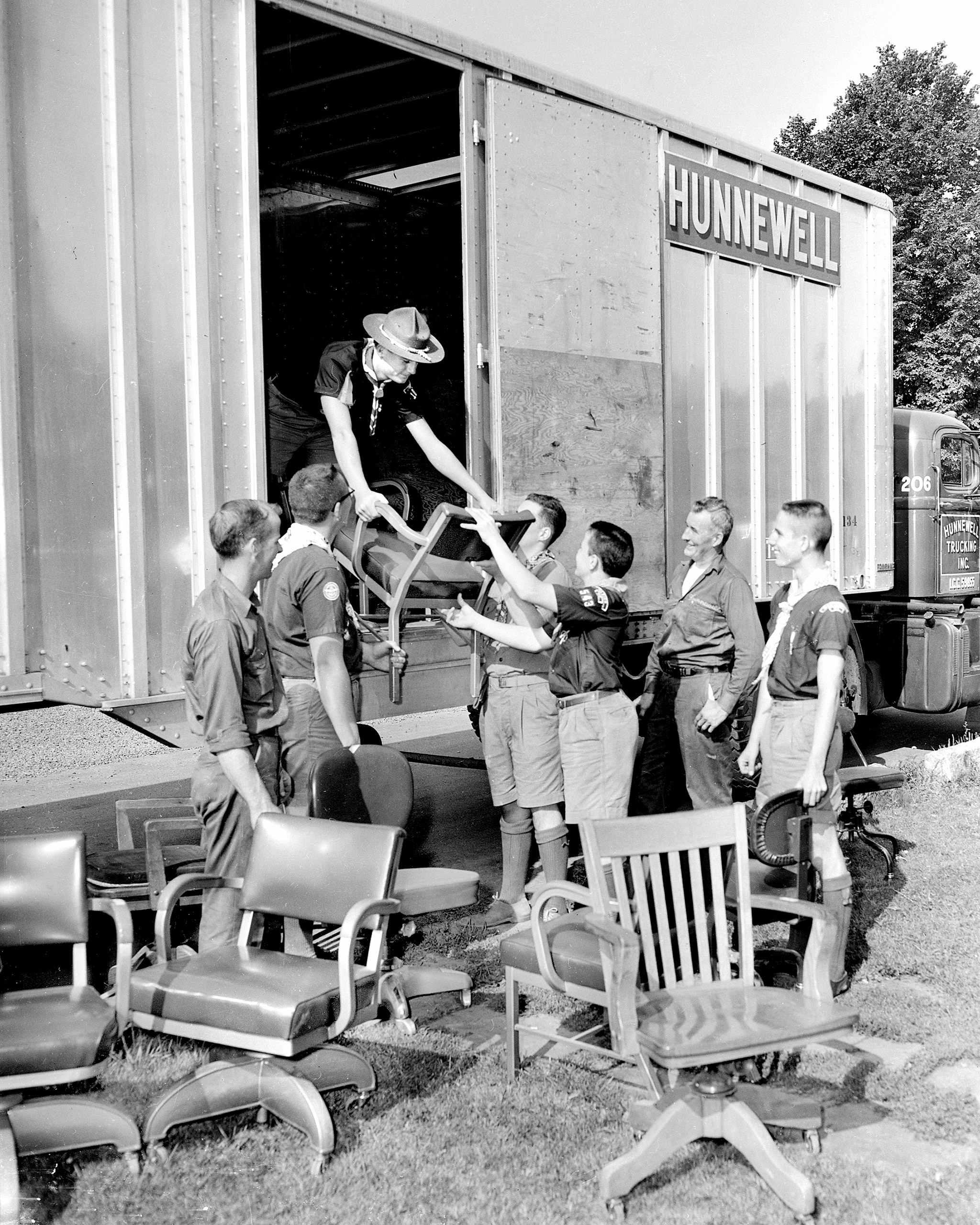
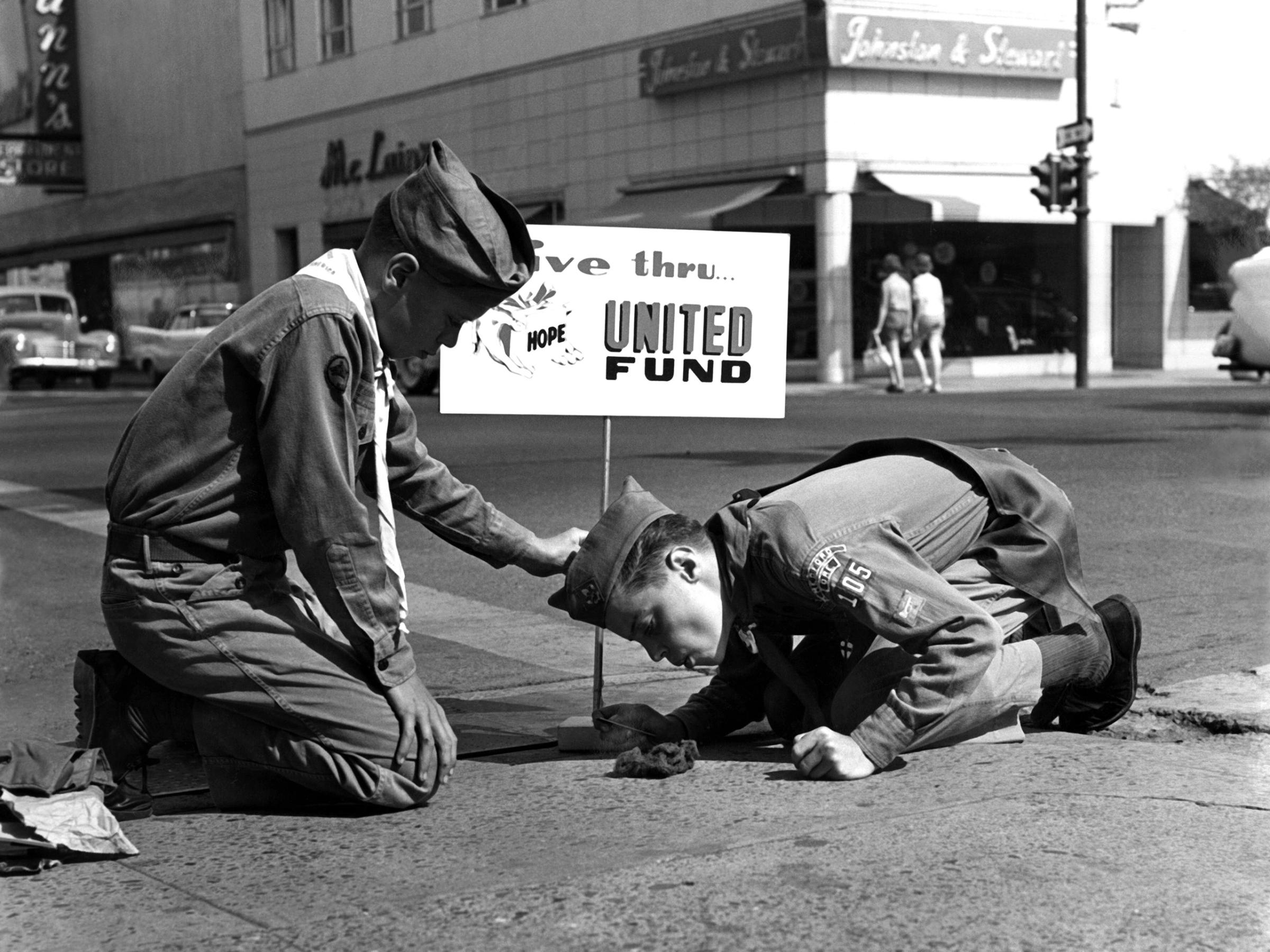
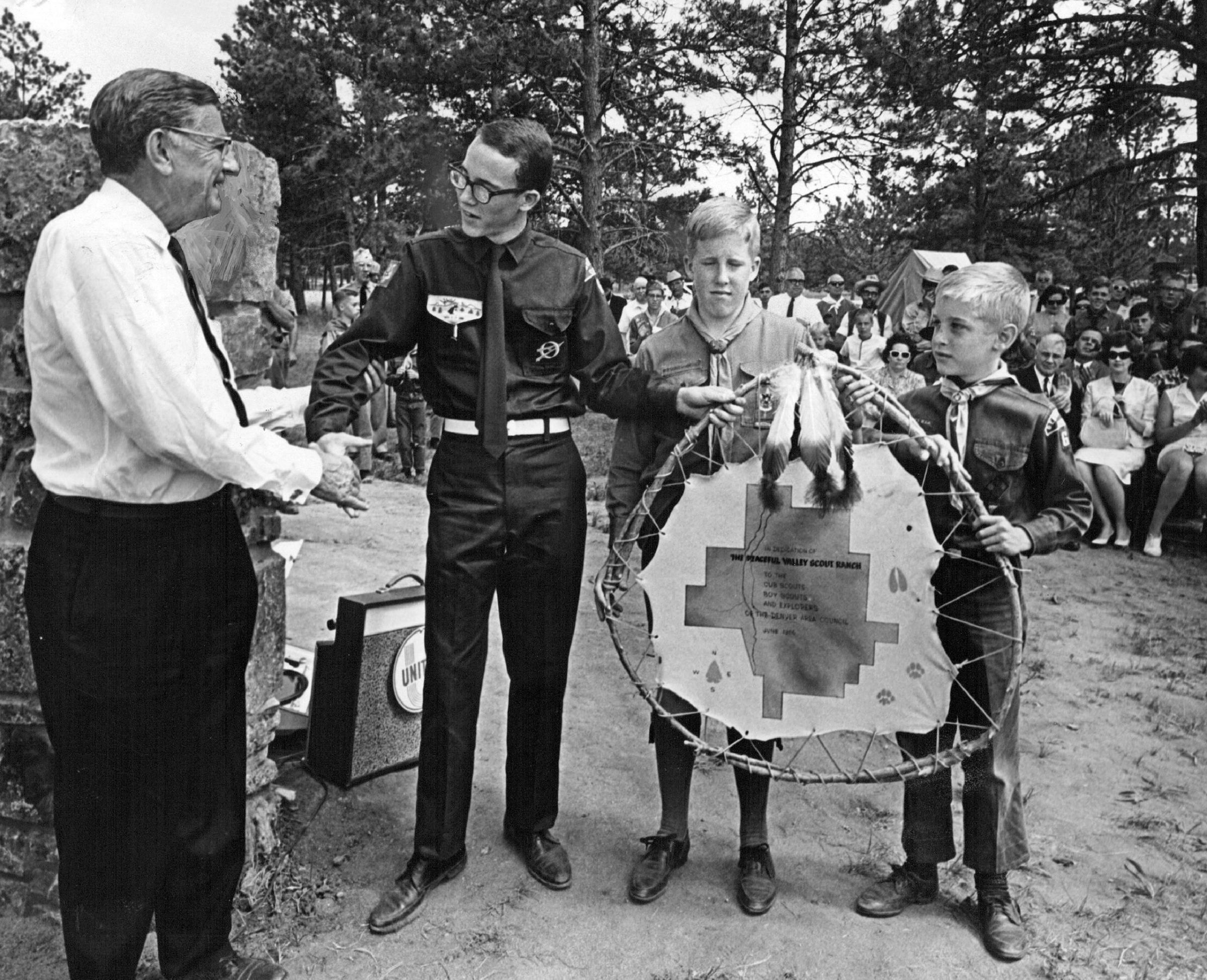
More Must-Reads from TIME
- How Donald Trump Won
- The Best Inventions of 2024
- Why Sleep Is the Key to Living Longer
- Robert Zemeckis Just Wants to Move You
- How to Break 8 Toxic Communication Habits
- Nicola Coughlan Bet on Herself—And Won
- Why Vinegar Is So Good for You
- Meet TIME's Newest Class of Next Generation Leaders
Contact us at letters@time.com